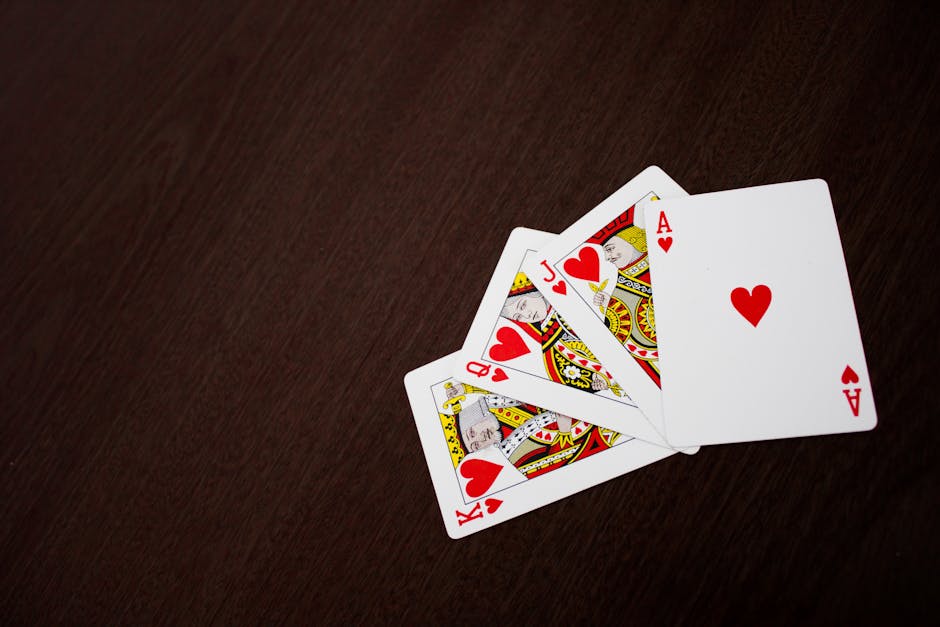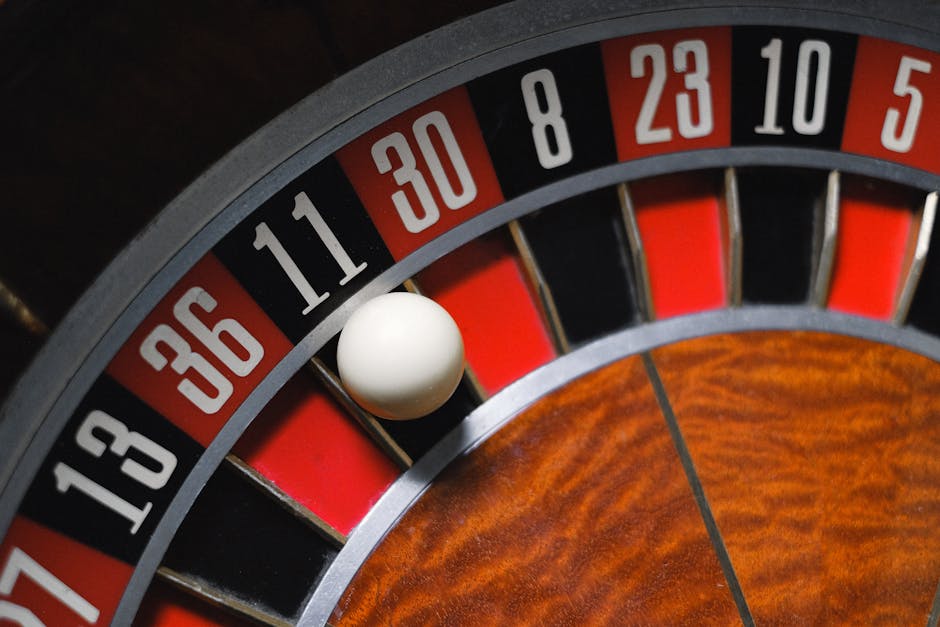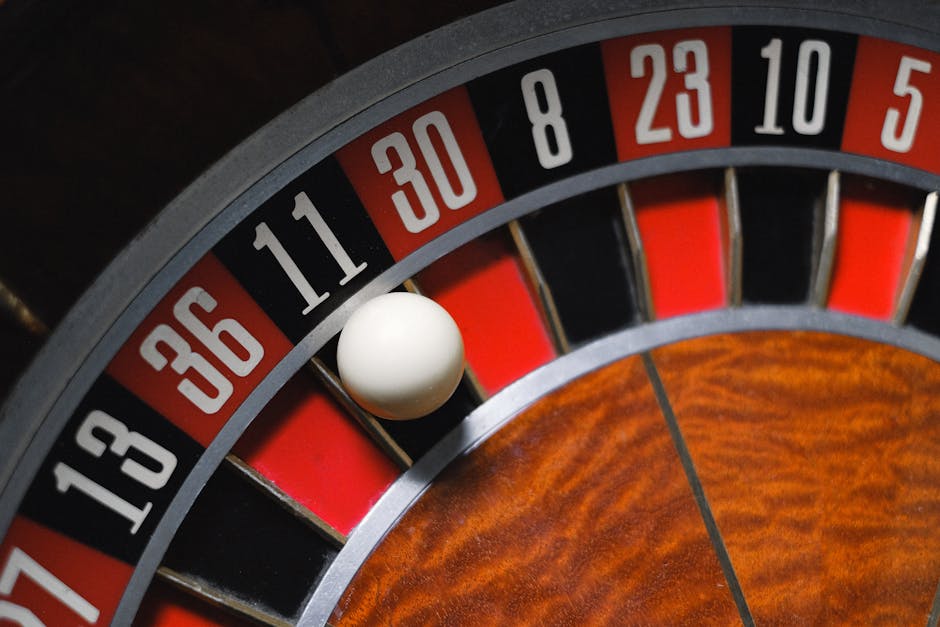Introduction: Why Jackpot Games Still Draw a Crowd
There’s something timeless about jackpot games. One spin, one card, one number—suddenly your life changes. It’s that razor-thin line between ordinary and extraordinary that keeps players coming back. The dream of winning big isn’t dead. If anything, it’s evolving.
Unlike standard casino games where payouts are modest and predictable, jackpot games build tension. The prize isn’t just a few bucks—it’s a house, a new life, maybe early retirement. While slots might lure with flashy lights and blackjack with cold math, jackpot games offer a singular promise: possibility.
Not all jackpots are created equal. Progressive types balloon with every wager across linked casinos. Fixed jackpots keep it simple—same prize, every time. In this guide, we break down the types, the mechanics, and the myths. You’ll get smart strategies, a grip on odds, and the tools to play sharp and within limits.
Hope is the hook—but informed play is your edge. Let’s get into it.
Progressive Jackpots, Fixed Jackpots, and Local vs Networked: Know the Differences That Matter
Progressive Jackpots
These are jackpots that grow over time. Every time someone plays but doesn’t win, a sliver of their bet feeds the pot. Sometimes these jackpots are tied to a single game, other times they’re pooled across multiple games or even different casinos on the same network. That’s why the numbers can explode into the millions.
The thrill? Big wins, obviously. In 2023, one lucky player hit a progressive pot on Mega Moolah for just over $6 million. But the odds? Still astronomically low. You’re chasing lightning with these, so play for fun, not expectation.
Fixed Jackpots
Fixed jackpots don’t change. Win it today or a week from now, the payout is locked. That can be reassuring. You know what you’re in for. Typically, the odds of hitting are better than with progressives, but the payoff is smaller—think thousands, not millions.
If you’re strategy-minded, fixed jackpots favor timing and volume. You’re not waiting for the moment the pot peaks. It’s about reading the game and taking your shots in higher-frequency bursts.
Local vs Networked Jackpots
This bit is crucial and often misunderstood. A local jackpot belongs solely to one casino or game. Fewer players means a slower-growing pot—but higher odds for you to hit it. Networked jackpots, on the other hand, share player contributions across multiple platforms, growing fast but diluting your chances.
So what matters more to you—massive upside or realer chances? Know that before you spin.
How Jackpot Games Work
Jackpot games might look flashy, but under all the glitter are mechanics you need to grasp if you want a fighting chance. First: the basics. Most of these games work off a combination of spins, reels, and paylines. You spin the reels, the symbols land, and based on the pattern along pre-set paylines, you either win or don’t. Simple on the surface, but behind the lights, math runs the show.
Now the jackpot itself—how do you actually trigger it? There are two main ways: randomly or through specific in-game conditions. Random jackpots can hit on any spin, regardless of your bet size or symbol match—it’s pure chance. Condition-based jackpots, however, typically require certain symbols (usually rare ones) to align across a specific payline or bonus feature. And yes, the conditions usually involve betting at or near the maximum.
Game mechanics also shift your odds in subtle ways. Volatility, hit frequency, multiplier features—it all matters. High-volatility games mean less frequent wins but bigger payouts when you do hit. Low-volatility ones pay smaller amounts more often, but your shot at the jackpot might be thinner.
Then there are bonus rounds. These aren’t just side shows—they’re often the gatekeepers to jackpots. Whether it’s a wheel spin, a pick-me bonus, or a free spin series, the jackpot feature tends to live inside or behind the bonus. That means unlocking bonus rounds is often the real ticket to entering jackpot territory—not just spinning and praying.
In short: know the mechanics like you’d know the rules of any game you care to win. It’s not magic. It’s math wrapped in good design.
Smart Playing Strategies
If you’re going to chase a jackpot, chase it smart. First rule: protect your bankroll. That means setting strict session limits and resisting the itch to chase losses. Jackpot wins are rare and unpredictable—your edge comes from time in the game, not reckless spending. Playing for longevity keeps you in the running longer.
Then there’s the max bet rule. It’s not just casino fine print. Many jackpot games only pay out the big one if you’ve wagered at the max level. If you’re not playing max, you may still win something—but not the life-changer. Know the rules before you spin.
Game choice also matters. Some jackpots suit high-risk, high-reward players with steep volatility. Others are steadier, ideal for casual or budget-conscious players hoping for a long shot without bleeding chips fast. Know your risk profile and pick accordingly.
And no, time of play doesn’t affect your luck. Jackpots don’t care if it’s 2 a.m. or lunchtime. Believing in lucky windows is a fast track to inconsistent play and bad habits. Focus on odds, not myths. The math doesn’t sleep.
The Odds Reality Check
Chasing a jackpot feels exciting—for some, even strategic—but at its core, it’s a numbers game. And the numbers aren’t always in your favor. Jackpot wins are rare by design. Whether you’re plugging virtual coins into an online slot or buying into a progressive network, the odds are slim. Don’t let a flashy graphic or a recent win in the news fool you—most players walk away empty-handed. That’s not a glitch in the system. It’s the system.
Return-to-player (RTP) percentages can give you a rough picture of what to expect over time, but for jackpot games, that number becomes fuzzier. Many jackpot games allocate a small portion of each bet to the jackpot pool, trimming the RTP down for regular wins. So you’re often playing a game with lower regular payouts in exchange for a minuscule chance at a huge win.
Then there’s the illusion of control. Many gamblers think they can “time” the jackpot or that there’s a pattern to spot. But modern games use random number generators (RNGs). That means each spin is independent. There’s no warming up a slot or catching a jackpot on the verge of paying out. Once you accept that, you’re playing smarter, not harder.
Want to go deeper on how the odds really play out behind all the lights and fanfare? Read Understanding Odds in Jackpot and Lottery Games.
Tips for Choosing the Right Jackpot Game
Not all jackpot games are built equal. Some are high-volatility beasts—you’ll win less often, but when you do, it hits like a freight train. Others are lower-volatility, feeding you small thrills without blowing up your balance. Generally, the bigger the jackpot, the more brutal the volatility. It’s a trade-off: patience and budget vs. big payout dreams.
New titles show up constantly, often with aggressive jackpot seeding to attract players. But don’t let shiny trailers fool you. Long-standing games usually have verified payout histories and known mechanics. If a game’s been paying out year after year, there’s value in that consistency—especially if you do your research.
Here’s the kicker: reputable casinos won’t tell you everything. They highlight big wins, not average outcomes. You won’t find alerts about game volatility or how realistic it is to hit that mega jackpot. It’s on you to study paytables, RTPs, and real gamer reviews.
Lastly, mobile vs. desktop matters more than you think. Some games run smoother or have better bonus functionality on desktop. Others load faster and handle better on mobile. If you’re serious, test both. A glitchy spin at the wrong time can cost you real money. Find what works and stick with it.
Staying Safe and Responsible
Let’s cut to it—jackpot games are only fun if they’re fair, and you’re not losing sleep (or savings) over them. First, make sure the game you’re playing is licensed by a legitimate authority. Think Malta Gaming Authority, UKGC, or similar. If the site doesn’t show licensing information clearly, that’s your cue to exit. Also, look for games from reputable developers. Big names (like NetEnt or Microgaming) aren’t perfect, but they’re held to higher standards on things like RNG auditing and payout transparency.
Now for the part nobody markets: know your ceiling. Set a cap on how much time and money you’re willing to burn—and stick to it. Don’t rely on app alerts or loss limits to enforce restraint. Set your own rules before you hit “spin.”
Last, be aware of the tricks your mind can play. Chasing losses because you’re ‘due’? That’s the gambler’s fallacy. You’re not beating the system by betting more—you’re just accelerating a loss streak. Near misses, flashy lights, the whole sensory show—it’s all engineered to keep you spinning. Know what you’re up against, and treat jackpots for what they are: high-stakes entertainment, not a financial plan.
Final Thoughts: Is It Worth It?
Jackpot games deliver adrenaline. There’s a reason people keep coming back: the dream of a life-changing win hits hard—and fast. But here’s the other side of that coin: the odds of hitting big are brutally low. That’s not negativity, it’s just math. If you’re going to chase, chase with your eyes open.
Treat jackpot games like you would a concert or a night out. Fun? Absolutely. Profitable? Not the point. If it stops being entertainment and starts feeling like pressure, it’s time to step back. Play because you enjoy it, not because you’re banking on a miracle.
Set a budget. Stick to it. Know when to walk away. The players who truly win are the ones who stay in control. No illusions, no desperation—just pure, responsible play. The thrill’s worth it, but only if you’re steering the ship.




